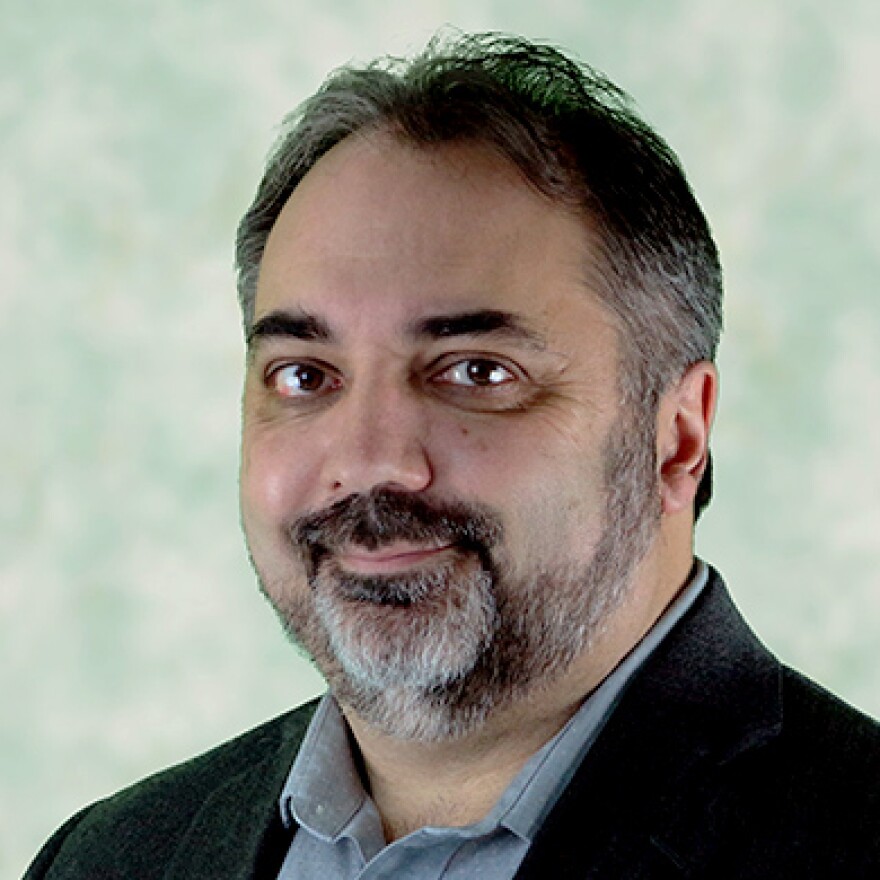An analyst who closely follows electric vehicles says the widespread shift to Tesla’s charging technology is a big deal – and likely means an industry standard is established for EV charging stations.
Rivian announced last week that it would join GM and Ford in switching to Tesla’s NACS charging standard, after years of building vehicles on the competing CCS standard. Rivian, which has its only manufacturing plant in Normal, will give its owners an NACS adapter by spring 2024 and then start making vehicles only with the NACS standard in 2025.
Sam Abuelsamid, principal analyst for e-mobility at Guidehouse Insights in Detroit, said he expects this will lead to a gradual phasing out of the CCS standard – a slower end to this format war than, say, when Blu-Ray abruptly surpassed HD DVD.

“What we’ll see for the next decade or so is chargers that have both connectors on there. And then we’ll most of the new chargers eventually will stop including CCS support and just eventually it’ll transition over to NACS,” Abuelsamid said. “Even with the NACS connector on there, the charging network operators still need to improve the reliability of their chargers to provide a better customer experience.”
That reliability issue is huge, Abuelsamid said.
The CCS standard’s connector – what you plug into your vehicle – is clunky and can be hard to use for those with mobility or hand-strength issues, compared with Tesla’s NACS. And the existing charging networks based on CCS, such as Electrify America, include many stations that are often broken or don’t work properly. That’s in sharp contrast to America’s network of gas stations, where pumps generally work and an attendant is on hand if you spot one that’s busted.
“The charging-network operators that support the CCS standard – companies like Electric America, EVgo, ChargePoint, and a number of others – have largely failed American EV drivers,” he said.
Tesla has shown how to do charging correctly and reliably, Abuelsamid said. Tesla has about 17,000 Supercharger stations in the U.S., the largest network in the country. Tesla says its NACS chargers have “no moving parts, is half the size, and twice as powerful as Combined Charging System (CCS) connectors.”
Reliability of public chargers will become increasingly important as EV adoption spreads from wealthier people who own single-family homes to, in a few years, renters who are buying used EVs, Abuelsamid said.
“A much higher percentage of EV owners are going to be living in apartments or condos or someplace where they don’t have dedicated off-street parking. And they’re going to be reliant on public charging infrastructure,” he said.
Rivian and Tesla are technically EV competitors, though they both seek broader adoption of EVs. Tesla said as much back in November, when it opened its EV connector design to the world “in pursuit of our mission to accelerate the world’s transition to sustainable energy.”
But is now the right time for Rivian to be pulling itself closer to Tesla? Its CEO, Elon Musk, can be erratic, is increasingly political, and some say has grown distracted by his acquisition of Twitter.
Abuelsamid said Musk’s outsized persona is not likely to become an issue so long as other charging-network operators step up their game and create real competition in the marketplace.
“If Tesla becomes essentially the sole provider of public charging infrastructure, then you’re into an anti-trust issue, then maybe you revisit the problem and you say you’ve gotta spin off the charging company into a separate company and separate it from Tesla. That’s a longer-term issue,” he said. “But as long as we eventually have some competition, then it won’t be an issue."


